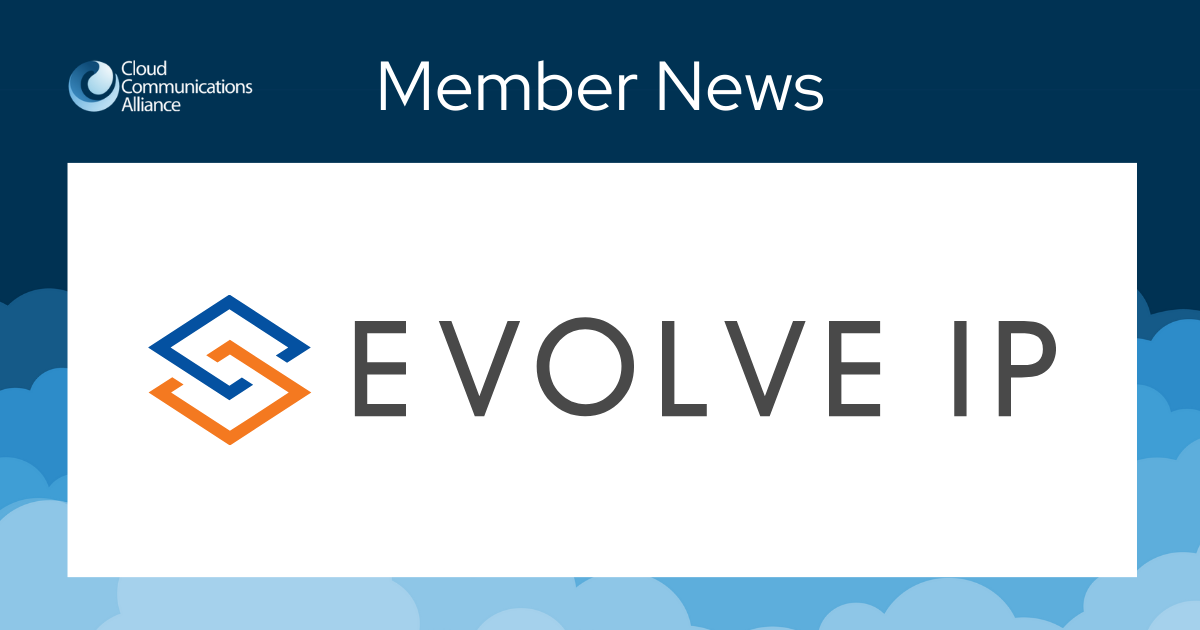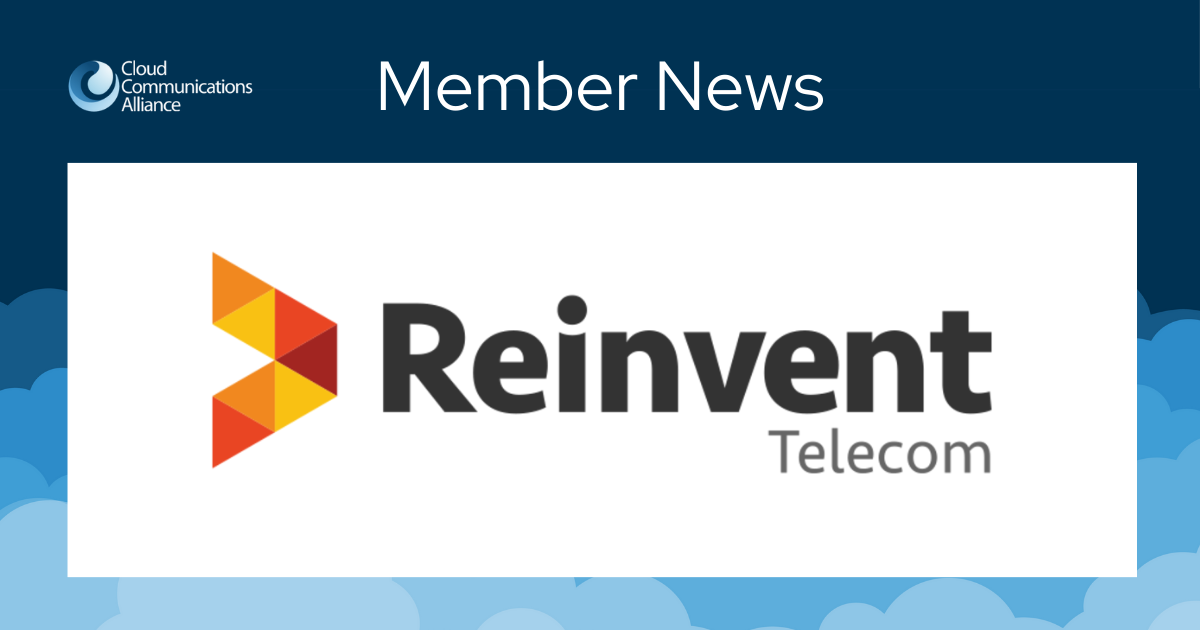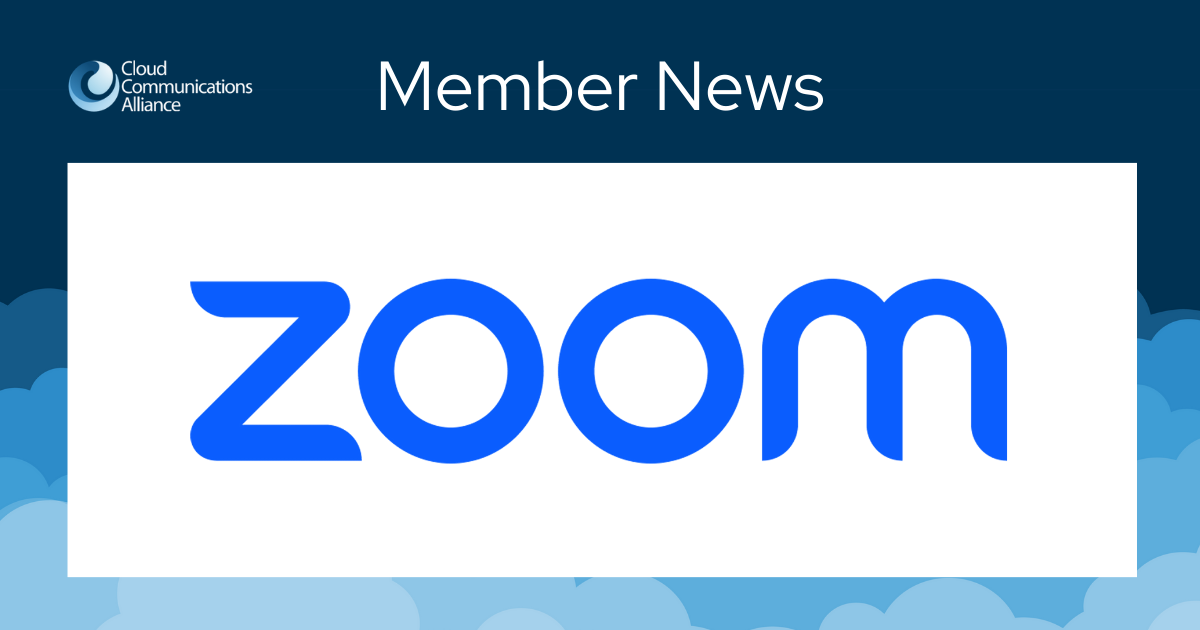FCC Takes First Steps to Curb Scam Texts, Looks to Clamp Down on Lead Generators

Blocking Texts Highly Likely to Be Illegal
Until now, the FCC has focused on curbing illegal robocalls. It has now turned its attention to illegal robotexts, which the agency notes have been increasing rapidly. In an order released on March 17, 2023, the FCC directs mobile wireless providers to block texts from phone numbers that are on a reasonable Do Not Call List, including texts that originate from invalid, unallocated or unassigned telephone numbers or numbers that have been identified by the number’s subscriber as never originating text messages. The blocking rule applies to traditional text messages, not to over-the-top messaging services like WhatsApp, Facebook Messenger or WeChat. It also does not apply to texts using short codes, which are five- or six-digit numbers often used in campaigns. The rule is intended to complement voluntary blocking efforts undertaken by the wireless industry pursuant to their best practices and codes of conduct.
The FCC order also includes steps to help text senders unblock erroneously blocked texts, whether the blocking is pursuant to the FCC’s rules or the wireless industry’s voluntary efforts based on guidelines or codes of conduct. Each wireless provider must identify on its website a point of contact to “swiftly” resolve complaints of unwarranted blocking. Wireless providers must also require text aggregators or their blocking contractor to establish a point of contact if they are responsible for the blocking. To trigger the redress process, text senders must present documented, objective evidence of blocking. The order does not set any specific time limits to resolve blocking complaints or require notification of blocking.
The order does not require wireless providers to implement a call authentication framework such as the STIR/SHAKEN authentication regime that applies to calls. The FCC does, however, seek further comment on ways to authenticate the identity of the text sender. The agency also seeks comment on requiring wireless providers to investigate and potentially block texts from senders the FCC has identified as sending suspicious texts, as is required for calls. Finally, to the extent it remains unclear, the FCC proposes to clarify that texting is subject to the national Do No Call List.
Clamping Down on Lead Generators
The FCC also seeks comment on restricting the way lead generators garner consent to be called. Lead generators, often using comparison shopping websites, collect contact information and consent to be called from consumers potentially interested in a product or service. The information is then sold to merchants who rely on the consent obtained by the lead generator. The FCC has expressed concerns with some lead generator websites that obtain written consent to be called using links to sometimes thousands of companies that may offer products or services different from that of the website. For example, a website enabling comparison shopping for insurance may include a link to health care companies.
The FCC is exploring a proposal to amend the Telephone Consumer Protection Act’s consent requirements to “require that such consent be considered granted only to callers logically and topically associated with the website that solicits consent and whose names are clearly disclosed on the same web page.” The proposal thus contains two restrictions on lead generators obtaining consent through websites: (1) they may only obtain consent to be called from companies offering the same kind of product or service, and (2) the companies for which consent is being obtained cannot be behind a link but must be on the same webpage where consent is requested. Alternatively, in what would be a significant departure from existing precedent, the notice seeks comment on completely barring use of intermediaries such as lead generators to obtain consent and instead require that consent be obtained directly by the seller of the product. This change could severely impact the traditional lead generation industry.
Next Steps
The order’s new test blocking and single point of contact rules will take effect six months after the Office of Management and Budget completes necessary reviews under the Paperwork Reduction. The FCC will issue a notice announcing the effective date.
Comments on additional efforts to curb illegal texts and on new rules governing obtaining consent using lead generators will be due 30 days after publication of the further rulemaking notice in the Federal Register. Brownstein attorneys have substantial experience regarding these matters and can provide assistance in preparing comments.
THIS DOCUMENT IS INTENDED TO PROVIDE YOU WITH GENERAL INFORMATION REGARDING RECENT FCC PROPOSALS. THE CONTENTS OF THIS DOCUMENT ARE NOT INTENDED TO PROVIDE SPECIFIC LEGAL ADVICE. IF YOU HAVE ANY QUESTIONS ABOUT THE CONTENTS OF THIS DOCUMENT OR IF YOU NEED LEGAL ADVICE AS TO AN ISSUE, PLEASE CONTACT THE ATTORNEYS LISTED OR YOUR REGULAR BROWNSTEIN HYATT FARBER SCHRECK, LLP ATTORNEY. THIS COMMUNICATION MAY BE CONSIDERED ADVERTISING IN SOME JURISDICTIONS. THE INFORMATION IN THIS ARTICLE IS ACCURATE AS OF THE PUBLICATION DATE. BECAUSE THE LAW IN THIS AREA IS CHANGING RAPIDLY, AND INSIGHTS ARE NOT AUTOMATICALLY UPDATED, CONTINUED ACCURACY CANNOT BE GUARANTEED.


